Germany travel warning 2025: prevention and response advice
- Published on
Before traveling to Germany, knowing potential travel warnings and what to do about them is key to ensuring a safe and smooth trip. Below is a detailed list of warnings and coping strategies for traveling to Germany, covering eight important areas and specifically mentioning tourist places or venues where warnings may occur.
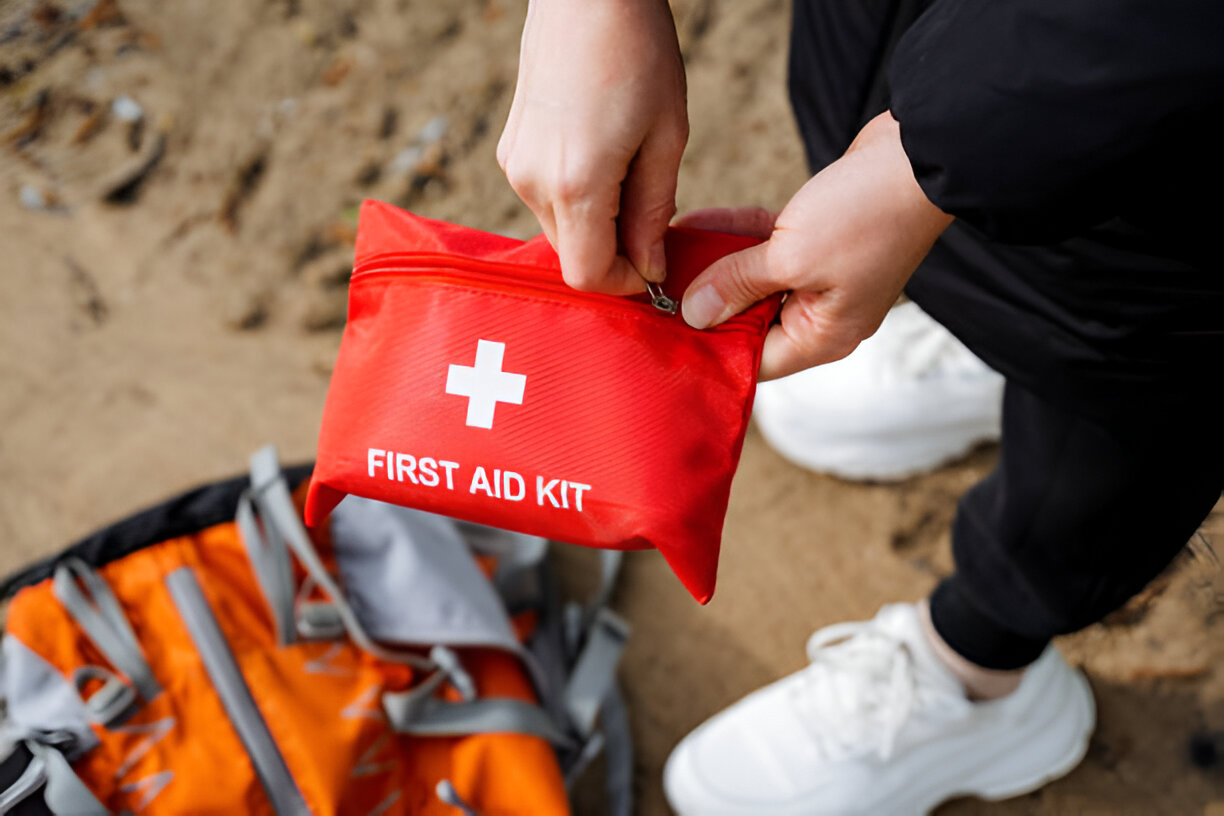
1. Natural disasters
Risk of natural disasters
Germany's location in Central Europe and its diverse climate means that certain areas may be at risk of natural disasters, especially in the following places:
- Rhine and its surroundings: during heavy rainfall, flooding may occur. Visitors should be aware of flood warnings and avoid low-lying areas during periods of high flooding.
- Alpine region: Heavy snowfalls are possible in winter, and ski resorts such as Galmisch-Partenkirchen may be closed due to inclement weather, resulting in travel disruptions.
- Black Forest region: In some seasons, heavy rainfall may lead to landslides, affecting hiking and transportation safety.
- Mecklenburg-Vorpommern in the northeast: the region may experience drought during the summer months, affecting water sources and agriculture.
- Hamburg and its environs: the region may face the threat of sea level rise and storm surges, especially during winter storms.
- Bremen: During periods of strong winds and rainfall, transportation to the region's ports may be affected, and visitors need to keep an eye on flights and traffic.
- Bavaria's Lake District: In winter, frozen lakes may cause safety hazards for ice-skating activities and visitors need to handle them with care.
Coping strategies
- Monitor the weather: Use weather apps to track weather changes, especially when visiting the areas listed above, to ensure timely access to early warning information.
- Make an emergency plan: Familiarize yourself with emergency evacuation routes and shelter locations in your area so that you can quickly find a safe place in the event of a natural disaster.
- Prepare an emergency kit: An emergency kit containing dry food, water, first aid supplies and important documents in case of emergency to ensure self-help in the event of a natural disaster.
- Follow local guidance: During a natural disaster, follow the instructions of the local government and the weather bureau to avoid dangerous areas.
- Keep communications open: Make sure your cell phone is connected and stay in touch with your family or friends so that you can notify each other in case of an emergency.
- Plan your trip in advance: When planning your trip, avoid high-risk areas and choose safe travel routes and activities.
- Learn about local emergency services: Learn about local emergency service phone numbers and contact information before you travel so that you can call for help quickly in case of problems.
2. Social security risks
Risks to social security
Although Germany is generally a safe country, there are specific areas in some cities where travelers need to remain vigilant:
- Alexanderplatz in Berlin: This area is a tourist hangout with high pickpocket activity and visitors should pay particular attention to their wallets and cell phones.
- Munich's Marienplatz: Visitors are easy targets for thieves in this busy square and need to remain vigilant.
- Hamburg's St. Pauli district: Drunks and street harassment may occur in this area at night, visitors should be careful when traveling at night.
- Central Station in Frankfurt: pickpocketing occurs in this area from time to time and visitors should remain vigilant when using public transportation.
- Cologne's Cathedral perimeter: pickpocketing and scams occur from time to time in heavily visited areas, visitors should take good care of their personal belongings.
- Tourist attractions in Dresden: In the vicinity of popular attractions, visitors need to be alert to possible fraudulent behavior by thieves and street performers.
- Shopping areas in Stuttgart: In shopping centers and markets, visitors are vulnerable to thieves and should always be aware of their surroundings.
Response strategies
- Stay alert: Take care to protect your belongings in crowded places, especially in the above locations, and make sure that your personal belongings are within sight.
- Use safe storage tools: Choose anti-theft backpacks and locks to keep your personal belongings safe from theft.
- Avoid displaying valuables: Try not to display valuables such as cell phones, cameras, etc. in public places to avoid becoming a target.
- Use private networks: Try to use private networks for sensitive operations such as online banking and shopping when on public Wi-Fi.
- Be aware of common scams: Be aware of common scams in advance and be vigilant, such as fake cabs or fake charities.
- Don't take random vehicles: try to use official cabs or taxi apps to ensure safe and transparent fares.
- Check accounts regularly: Monitor bank accounts and credit card statements to detect unusual transactions and take action in a timely manner.
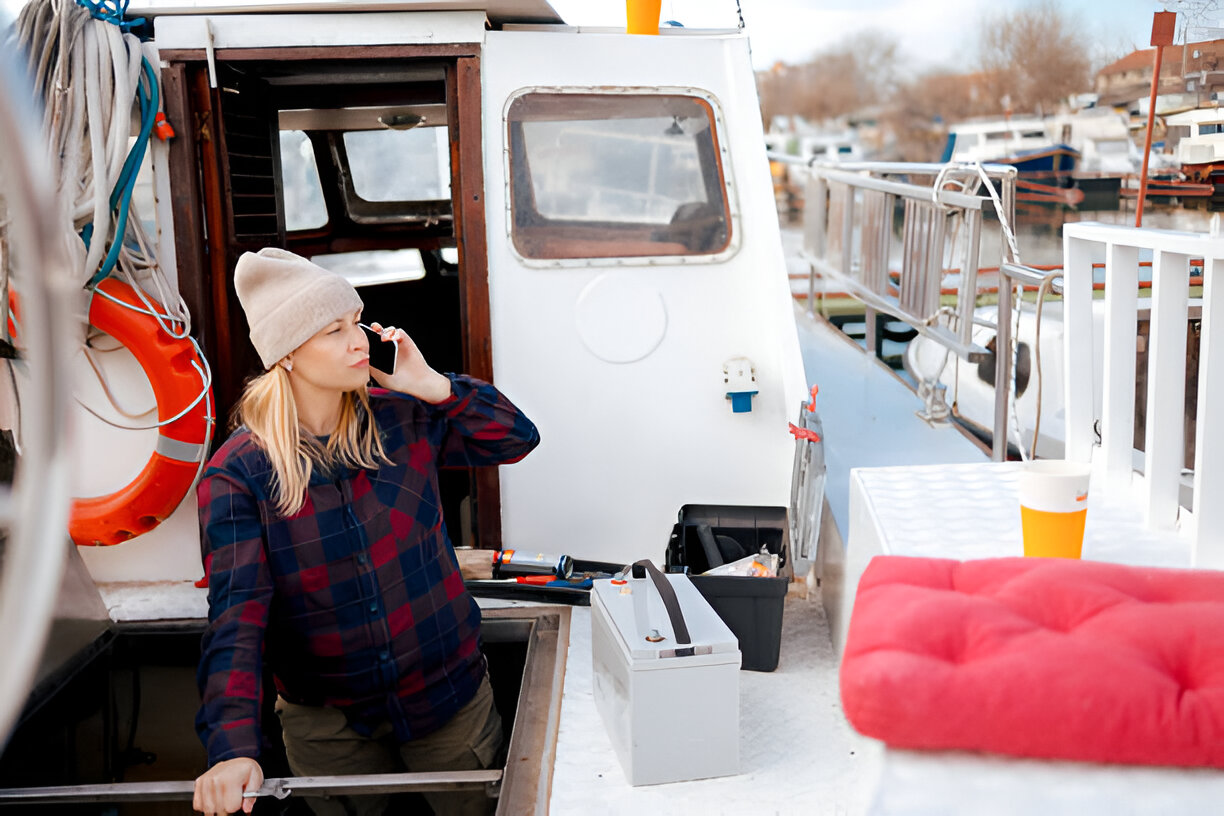
3. Accessibility of medical services
Risks of medical services
In some remote areas, medical facilities may not be as good as in cities, especially in:
- Black Forest region: Far from cities, medical facilities are limited and visitors may face difficulties when encountering medical problems.
- Bavarian countryside: medical resources are scarce in small towns and response times for emergency services may be long.
- Some remote areas in East Germany: medical facilities are relatively scarce and visitors may face greater challenges when seeking medical attention.
- Alpine regions: during the ski season, injured tourists may take longer to receive medical help.
- Mecklenburg-Vorpommern: medical services may be insufficient in some towns, and tourists may face a lack of medical resources in case of emergency.
- Countryside of Lower Saxony: In these areas, hospitals and pharmacies are fewer in number and commonly used medications may be difficult to obtain.
- Certain villages in the south-west: medical facilities may be older and the level of service limited, visitors need to be aware of this in advance in case of illness.
Coping strategies
- Purchase travel insurance: Ensure that you have travel insurance that covers medical expenses in case of emergencies.
- Pack common medications: Prepare some common medications such as cold medicine, painkillers and allergy medicine for emergencies.
- Knowledge of medical facilities: When traveling to remote areas, know the location and contact number of the nearest medical facilities in advance in case of emergency.
- Master First Aid Knowledge: Learn basic first aid skills to cope with sudden health emergencies, such as CPR and stopping bleeding.
- Prepare a first aid kit: Carry a first aid kit containing bandages, disinfectants and common medications to ensure that you can help yourself in case of accidents.
- Maintain health records: Carry your personal health records and allergy information with you at all times so that your doctor is aware of your condition and can ensure that you receive appropriate treatment.
- Seek medical attention promptly: Seek medical attention as early as possible if you feel unwell to avoid worsening of the problem, especially in remote areas.
4. Transportation security
Risks to traffic safety
Traffic rules and driving habits in Germany may differ from those in other countries, especially in some busy areas:
- Berlin's Ring Road: rush hour traffic can cause heavy congestion and visitors should plan their travel time in advance.
- Munich's city center: there are many pedestrians and bicycles, so special care needs to be taken to ensure that traffic signals are followed.
- Hamburg's port area: traffic is complicated, so be aware of safe distances from pedestrians and other vehicles.
- Autobahn in Frankfurt: There may not be a speed limit on the German Autobahn (freeway), but speeding can result in heavy fines, so visitors need to drive carefully.
- Old Town of Dresden: There are restricted areas due to historical sites and visitors should follow the rules to avoid fines.
- Public transportation in Cologne: buses and subways can be crowded during rush hour, so be careful with your personal belongings.
- Mountain roads in Stuttgart: Some mountain roads are narrow and curvy, so be careful when driving to avoid accidents.
Coping strategies
- Know the traffic rules: Know the local traffic laws before driving and follow the speed limits and signals to ensure safe driving.
- Use navigation tools: Use navigation apps to understand real-time traffic conditions and choose the best route to avoid traffic congestion.
- Drive carefully: When driving in rural areas, watch both sides of the road and beware of animals crossing, especially at dusk or at night.
- Keep your distance: Keep a safe distance between vehicles in congestion or bad weather to avoid rear-end accidents.
- Check your vehicle regularly: Make sure your vehicle is in good condition and check your brakes, tires and lights regularly to ensure safe driving.
- Avoid Distracted Driving: Do not use your cell phone while driving and concentrate on driving to ensure your attention.
- Obey Traffic Signs: Pay attention to traffic signs and signals on the road, and ensure that speed limits and stopping requirements are observed.
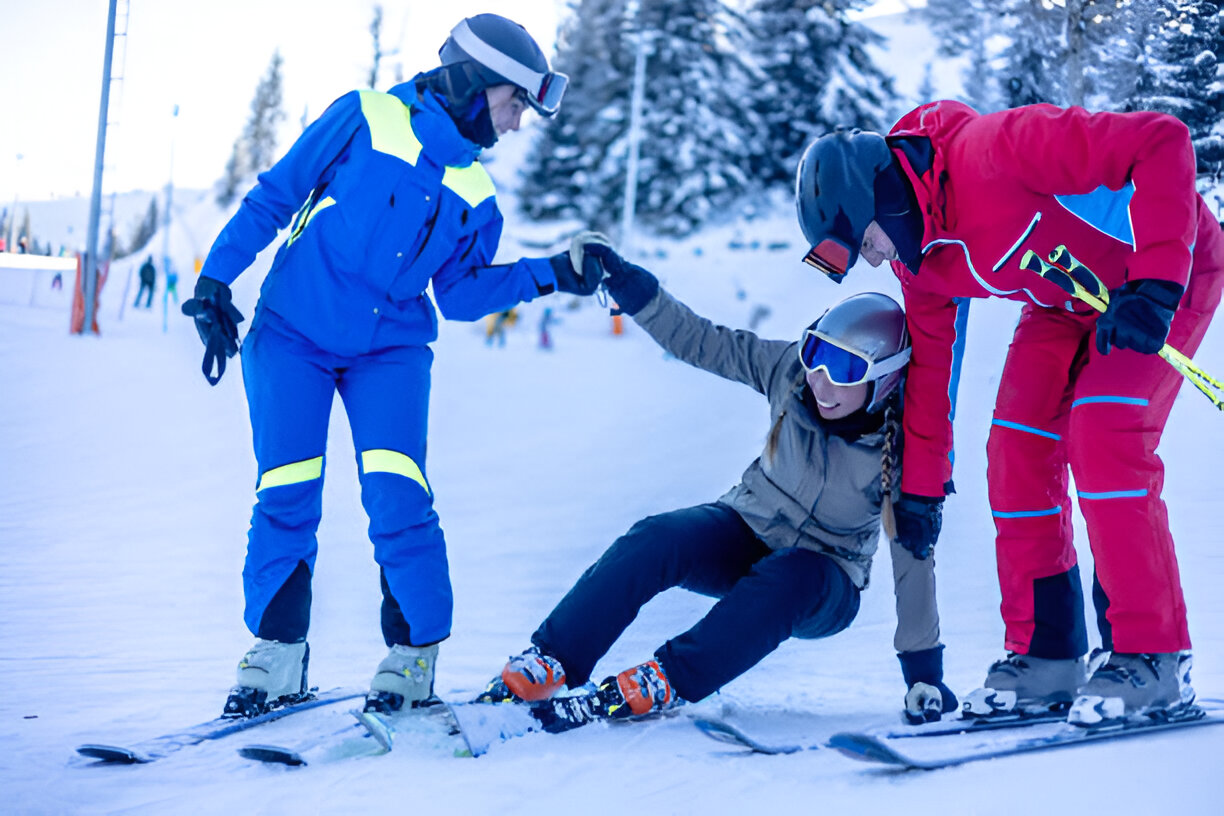
5. Laws and regulations
Risks of laws and regulations
Visitors need to comply with local laws to avoid legal problems, especially in:
- Munich's Oktoberfest: the legal age for drinking alcohol is 16 (for beer and wine) and 18 (for spirits) and visitors need to ensure that they comply with the relevant regulations when drinking alcohol.
- Public places in Berlin: there are strict legal restrictions on smoking and drinking, so visitors should be aware of and follow the rules.
- Street performances in Frankfurt: In some areas, performers require a license and visitors should avoid illegal activities.
- Hamburg's nightlife areas: in certain bars and clubs, the law requires specific opening hours to be followed to avoid being penalized for violating regulations.
- Public events in Cologne: When participating in public gatherings or demonstrations, local laws need to be followed to ensure safety.
- Cultural heritage sites in Dresden: Destroying or damaging cultural heritage will result in legal liability, and tourists should follow the relevant regulations when visiting historical sites.
- Environmental protection law in Stuttgart: dumping garbage or damaging the environment will face fines, and visitors should follow local environmental protection regulations.
Coping strategies
- Know the local laws: Know the laws and regulations of your destination before traveling and make sure you comply with them to avoid getting into trouble due to ignorance.
- Follow drinking rules: Follow local laws when consuming alcohol to ensure that you do not violate legal age limits and avoid fines.
- Pay attention to public behavior: Follow local rules of behavior in public to avoid unnecessary trouble and to ensure compatibility with the local culture.
- Respect local culture: follow local culture and customs, avoid offending local residents, and demonstrate cultural understanding and respect.
- Keep your paperwork in order: Carry your passport and other important documents with you for inspection to ensure that you can provide proof of identity if needed.
- Consult local laws: When in doubt, promptly consult a local legal professional to ensure that regulations are followed.
- Obey the rules of public places: e.g., no smoking, drinking, etc., and ensure that you do so to avoid being penalized.
6. Language and cultural differences
Language and cultural risks
In some areas of Germany, there may be barriers to language communication, especially in:
- Bavarian countryside: local dialects may affect communication, and visitors may not understand the dialect used by locals.
- Multicultural neighborhoods in Berlin: residents of different cultural backgrounds may use multiple languages and visitors may experience inconvenience in communication.
- Historical sites in Dresden: language barriers may affect visitors' understanding when German is used by the interpreters.
- International events in Hamburg: at large events, language diversity may lead to communication difficulties, especially for non-native German speakers.
- Festivals in Cologne: at local festivals, visitors may be unfamiliar with specific cultural customs and etiquette.
- Commercial districts in Stuttgart: in certain stores, employees may not speak English fluently and visitors may need to use translation tools.
- Museums in Munich: Some exhibitions may only be narrated in German, and visitors need to find out in advance if guided tours are available in English.
Coping strategies
- Learn basic phrases: Mastering some basic German phrases (e.g. greetings, thank you, etc.) will help to ease the language barrier in daily communication.
- Respect cultural differences: Show understanding and respect for local cultures and customs while traveling and avoid offending others.
- Understanding local customs: Knowing the culture and customs of your destination in advance, especially food culture and important festivals, facilitates better integration into local life.
- Participate in local activities: Participate in local cultural activities, such as festivals and markets, to enhance your understanding and experience of the culture.
- Consult locals: In case of uncertainty, consult locals for advice and guidance, as they are usually happy to share local information.
- Use translation tools: download translation apps to facilitate communication when needed, especially when communicating with non-native French speakers.
- Respect different points of view: Respecting the views and beliefs of others and keeping an open mind in social situations can help build a harmonious communication environment.
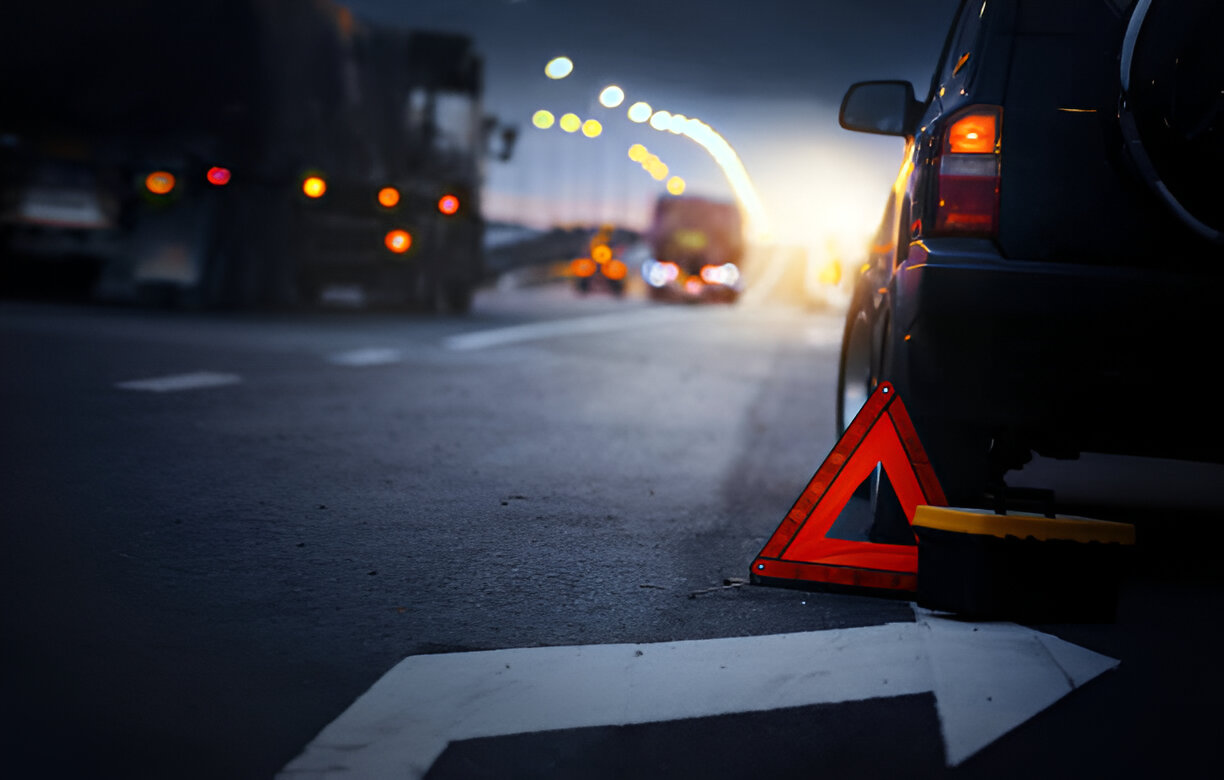
7. Importance of Internet Safety
Travel safety is closely related to a smooth internet connection. When you have timely access to travel warnings and safety information, your travel experience will be safer. Designed for travelers, PhoneSIMGo offers high-speed Internet service with no roaming charges. Activation is as simple as scanning a QR code, and there is no need to change SIM cards. Once you arrive at your destination, you'll enjoy smooth internet access, ensuring you'll always have access to important information while on the go.
8. Emergency contacts
The importance of emergency contacts
Knowing your emergency contact information is an important part of staying safe while traveling, especially in popular tourist areas:
- Tourist information centers in Berlin: provide emergency contact information and advice, where tourists can access important information.
- Hospitals in Munich: find out the contact details of local hospitals in case of emergency to ensure prompt medical attention.
- Police stations in Frankfurt: in the event of an emergency, travelers can call the local police station for help.
- Emergency services in Hamburg: dialing 112 will connect you to the emergency services and ensure that you can get help quickly in an emergency.
- Traffic Information Center in Cologne: provides up-to-date information on traffic accidents and emergencies to help visitors adjust accordingly.
- Consulates in Dresden: find out the contact details of your country's consulate in Germany in case you need to get in touch.
- Travel Safety Hotline in Stuttgart: provides a 24-hour safety counseling service that tourists can call in case of problems.
Response Strategies
- Know your emergency services: Call 112 to contact police, fire and medical services to ensure that you can get help quickly in an emergency.
- Keep contact information for your travel insurance company: to be contacted when needed to ensure you can get the necessary support.
- Record important numbers: Write down the contact details of emergency services, medical facilities and embassies in advance so that they are always easily accessible.
- Keep copies with you: Keep copies of your passport, visas and travel insurance in case they are lost and can be quickly replaced.
- Update your itinerary: Update your family or friends regularly on your itinerary and location so that you can be quickly located in case of an emergency.
- Keep your communication open: Make sure your cell phone is connected and stay in touch with your family or friends so you can notify each other in case of an emergency.
- Know the local laws: Know how to contact legal aid organizations in case of legal problems to ensure that you can get professional support.
9. Special warnings for tourist places
Tourist places where warnings may appear
- Berlin Wall site: Pickpockets have been seen in recent years and visitors need to remain vigilant to ensure the safety of their personal belongings.
- Neuschwanstein Castle: crowds may occur during peak periods, visitors should pay attention to personal safety and avoid losing their belongings.
- Cologne Cathedral: when there are more tourists, you need to be careful around the pickpocket behavior, to ensure the safety of their belongings.
- Munich's Oktoberfest: During the festival, crowds are heavy, so be careful to drink in moderation to avoid losing consciousness or having your belongings stolen.
- Shopping areas in Frankfurt: Be aware of your surroundings when shopping to avoid becoming a target for thieves.
- Hamburg's harbor area: Be cautious when moving around at night and avoid straying into crowded areas to ensure your safety.
- Dresden's Frauenkirche: When visiting, pay attention to the warning signs around you and follow the regulations to avoid breaking the law.
Coping strategies
- Avoid peak hours: Try to visit popular attractions at less crowded times to minimize the risk of theft.
- Be aware of your surroundings: Stay alert and secure your personal belongings to avoid unintentional mistakes when you are at famous attractions.
- Use safe storage tools: Use anti-theft backpacks and locks to secure your personal belongings when at popular attractions.
- Follow Local Warnings: Take care to follow local safety warnings and instructions while visiting to ensure your safety.
- Keep communications open: While visiting, make sure your cell phone is always available and able to contact emergency services or family members.
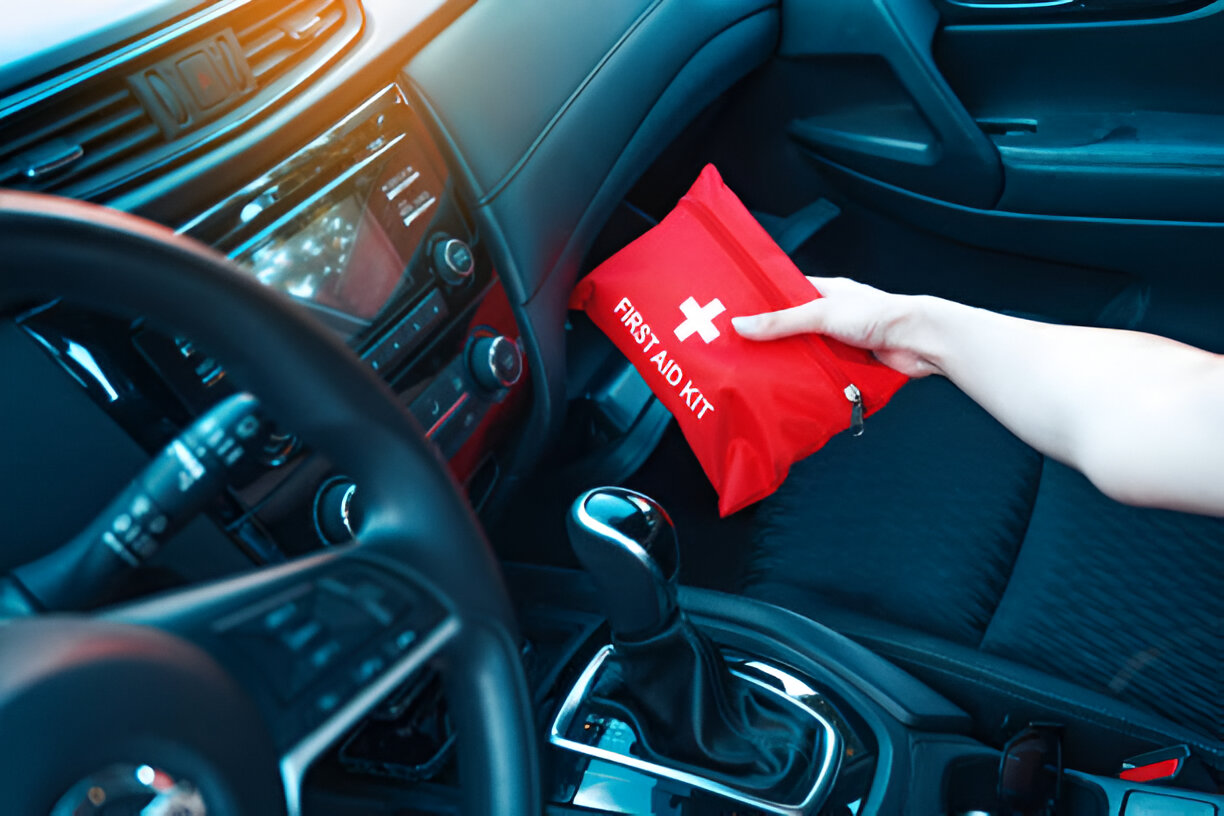
Conclusion
Being aware of potential travel warnings and countermeasures before traveling to Germany is an important step in ensuring your safety. By staying alert, knowing local laws, having emergency contact information on hand, and purchasing travel insurance, travelers are better able to enjoy the beauty and culture of Germany without worrying about potential risks. We hope this detailed information will help make your trip to Germany a smooth and safe one.
